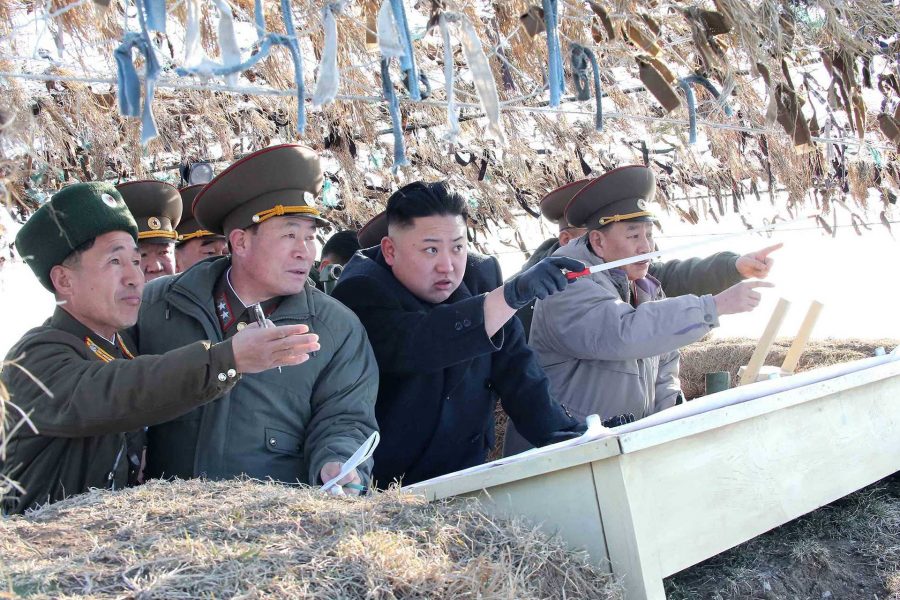Many people might jokingly say, “It feels like the ’60s are back,” but beyond the fashion comeback, the threat of nuclear war has made an appearance as well: The two current nuclear problems involve North Korea and Iran. The lack of diplomacy and useless sanctions aren’t the only problem. Decades-old nuclear policy and attitudes dictating who gets nuclear weapons and who gets to decide what happens with them remain the underlying issue.
The outcomes of both World Wars play a huge part in who has power now. The U.S., UK, France, Soviet Union, and later China received permanent seats on the U.N. Security Council. These same countries also have nuclear weapons and are the only countries allowed to have nuclear weapons, according to the Nuclear Proliferation Treaty. That’s not to say other countries don’t have nuclear weapons, but India, Pakistan, Israel, and North Korea didn’t sign the treaty.
Every country wants to do what is best for itself, but the question remains: Why do only a handful of countries get to decide what is best for every country? The global landscape, at least when it comes to politics and foreign relations, has changed quite significantly since the first half of the 20th century, and we shouldn’t rely on old outcomes to determine power now. Many countries that were overlooked back then are rapidly developing and becoming global superpowers, in some cases even surpassing the U.S.
RELATED: Long process ahead on Iran nuclear deal
When the Iran nuclear deal was struck, it significantly curbed Iran’s nuclear abilities and continued the U.N. sanctioned arms embargo. Now President Trump wants to decertify the deal and back out, his reasoning being that Iran is a supporter of terrorism and that Iran is not following the limitations agreed on. This is a poor reason to demolish what small peace and success we have reached.
The top two generals of our country and the International Atomic Energy Agency have both agreed that Iran is complying with the deal in every way. So not only is the president misinformed, he clearly forgets the role U.S. policy has played in creating the mess in the Middle East and elsewhere, which invited greater amounts of terrorism in the first place.
As for North Korea, it’s fair to say that ethically and logically, it shouldn’t have nuclear weapons. However, threatening that country (on Twitter, nonetheless) is not going to get us anywhere. It’s clear that sanctions haven’t worked, and the big-stick policy won’t, either. Diplomacy is an art, and we must return to it and allow those who actually know what they are doing handle it. Diplomacy may or may not have worked or will work, but just jumping straight to war, especially nuclear war, is literally the worst possible move.
How can North Korea trust us to negotiate when we set such an unstable example with Iran? All backing out of that deal does is signal to North Korea that the U.S. can’t be trusted, giving it more fuel and justification to launch missiles and pursue nuclear weapons.



